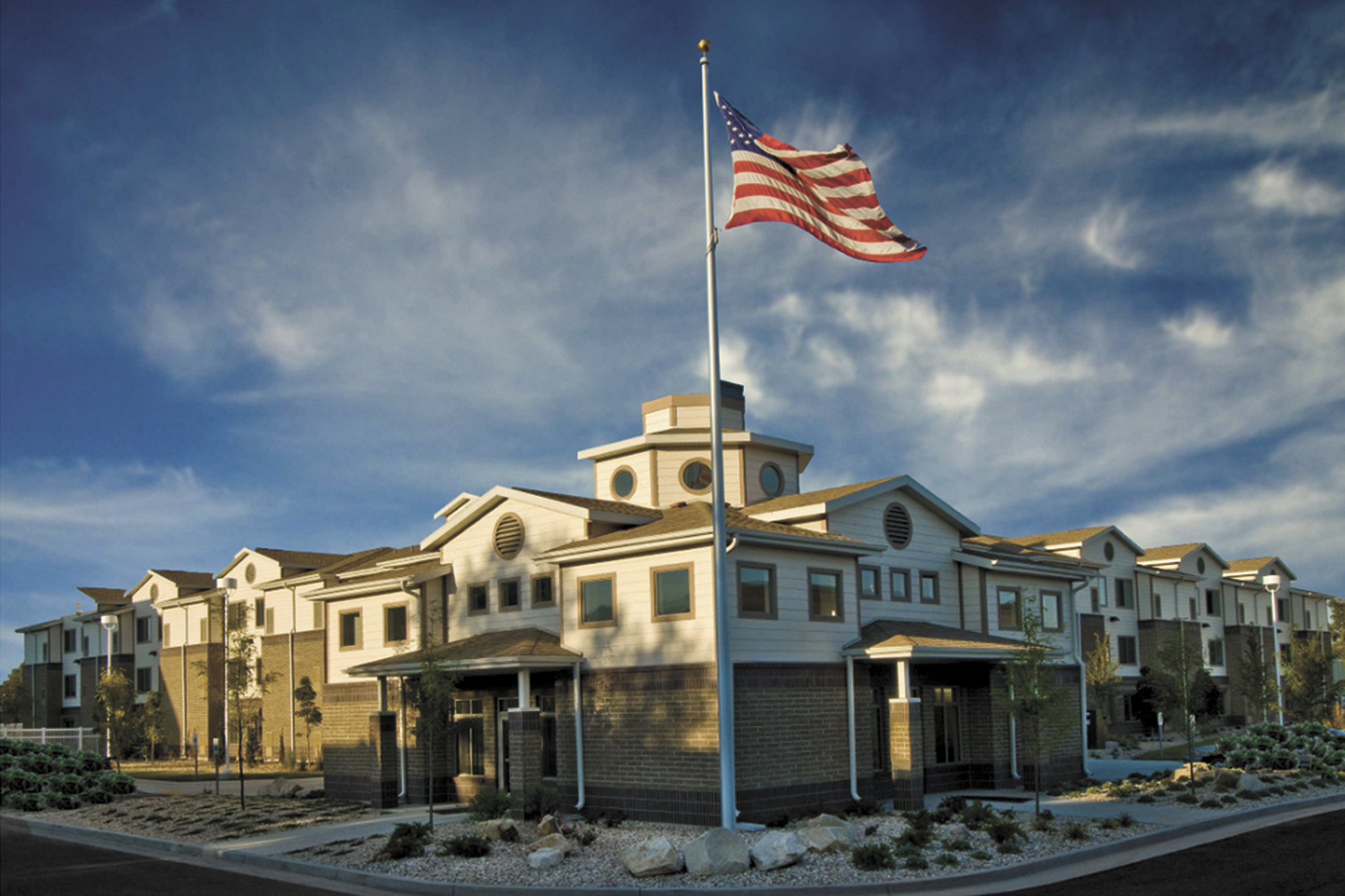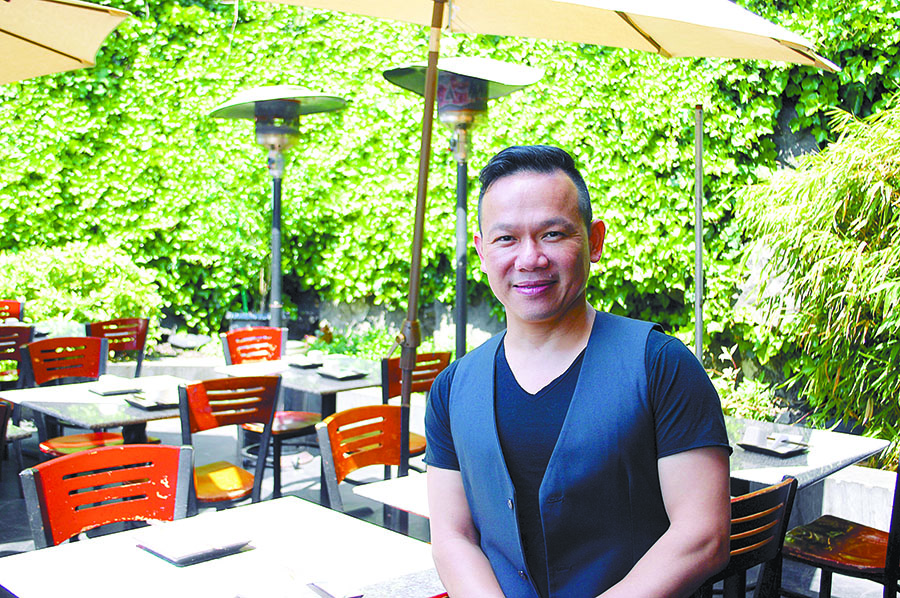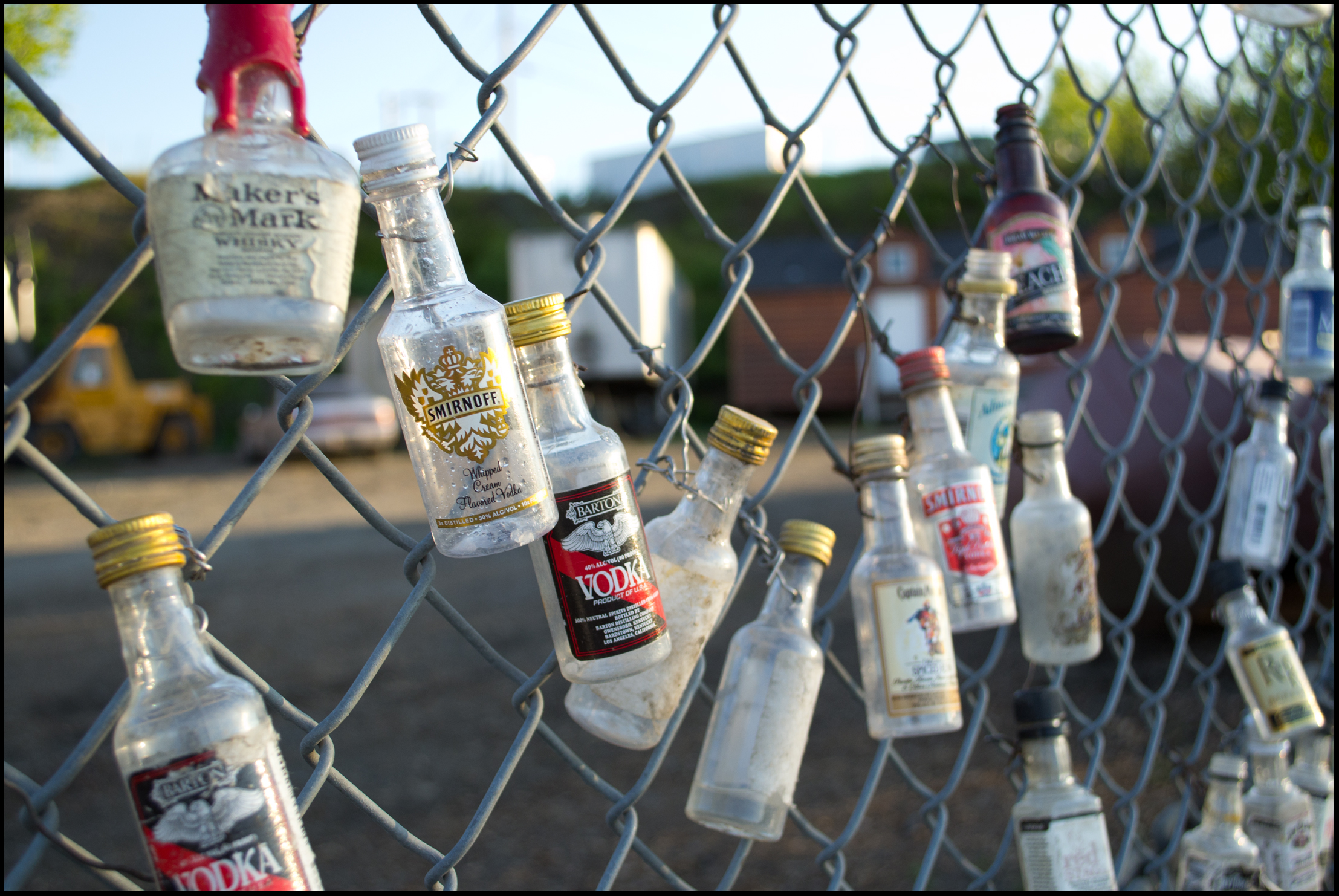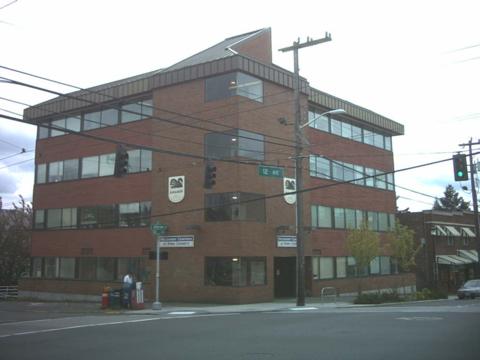Washington’s cemeteries are alive with snappy exit lines and final granite-carved sentiments of the dearly departed, lingering imprints of a life etched in stone. And with Halloween upon us, it is wise to remember that getting in the last word is best left to the dead.
Seattle gravestone maker Dave Quiring recounts the intentionally cryptic epitaph of a Microsoft software engineer: “Press Any Key To Continue.”
Quiring, owner of Quiring Monuments on Aurora Avenue, has been in the business of carving last words into stone for 50 years. “Most of us don’t think about death, or about what we want to say at the end to be remembered,” he muses. “A lot of it, of course, is mundane, the kind of expressions you see in Hallmark cards.”
But not all.
At Mount Pleasant Cemetery atop Queen Anne Hill, a happy hour–loving tippler chose this for his stone: “It’s 5 o’clock somewhere.” Not far away, on a grassy knoll, another man echoes those boozy sentiments: “Life is too short not to have a little umbrella in your drink.”
In a Tukwila crypt rests for all eternity a woman with an epitaph to rival W.C. Fields’ famous “I’d Rather Be In Philadelphia.” Hers reads: “I Told You I Was Sick.”
A young man, his final resting place a Ritzville boneyard, distilled his life’s uneventful journey down to a single empathic request. His epitaph: “Return to Sender.” A 90-year-old gent buried six feet under at Lake View Cemetery on Capitol Hill didn’t mince words either. His final comment: “Passed Out.”
At Crown Hill Cemetery, a man in no apparent hurry to pass through the Pearly Gates offered this reluctant adieu: “Well . . . Goodbye” —a haunting, albeit quizzical counterpoint to the woman in a Spokane graveyard who had chiseled “Oh, Never Mind” on her own hunk of granite.
Who can resist (or forget) the cold, crisp last words of “Old Raymond,” at peace in a cemetery plot in Vancouver, Wash.? His epitaph: “Enough said.”
Then there’s the wisenheimer James Frost, embedded in a Tacoma graveyard, whose (gallows-)humorous adios reads: “I’ve Been Down Before, But Not Like This.”
Vanishing, Quiring says, are the more prophetic epitaphs, steeped in classic literature, poetry, or religion.
The 72-year-old Quiring inscribed lines from Robert Frost’s “Stopping by Woods on a Snowy Evening” (“But I have promises to keep/And miles to go before I sleep”) on his father’s headstone. He happily shares what he intends for his own gravestone: “Death is my life.”
Some epitaphs are profound, others tearful and touching. At Lake View Cemetery, groundskeeper Kevin Haley, trudging through thick fog, points out the grave of a woman named Ada, who lies beneath a large white marble stone, most of it fashioned into the shape of a piano. Intentionally, one of the 88 keys is missing.
But of most interest to the casual observer are the epitaphs that are downright flippant. “I’d rather be upside down in a canoe,” read the last words of a woman buried at Calvary Cemetery. Another woman at Mount Pleasant chose this: “No regrets, I love my Honda.”
Also at Mount Pleasant, where one of the implanted patrons ghoulishly observes “I See Dead People,” a shiny, dark slab of granite rises from the grave of Neil and Geneva Edwards. Sculpted on the face of the stone is a perfect likeness of the 1962 Studebaker that Neil, the cemetery’s owner, used to drive like a bat out of hell on the windy roads that criss-cross the 162-year-old graveyard. Their sweet so-long: “We’ve had a great ride.”
In the same Queen Anne burial ground, beneath a tangle of evergreens, sits the grave of a man named Woody. Nothing else is written, only “Woody — 1939–1987.” If every grave tells a story, one can only wonder what prompted this 48-year-old, or his next of kin, to christen his final resting place with a finely wrought replica of Marilyn Monroe, her skirt fluttering heavenward.
The world’s graveyards are ripe with tales told of one’s earthly time in this vale of tears—and often, even in death, wit prevails. On the tomb of a Pennsylvania spinster, the inscription reads: “No hits, no runs, no heirs.”
Chiseled, fittingly enough, onto the headstone of an auctioneer named Jedediah Goodwin: “Born in 1828. Going! Going!! Gone!!! 1876.”
Then there’s the attorney buried in a Rockford, Ill., cemetery. His epitaph: “The Defense Rests.” E
econklin@seattleweekly.com







